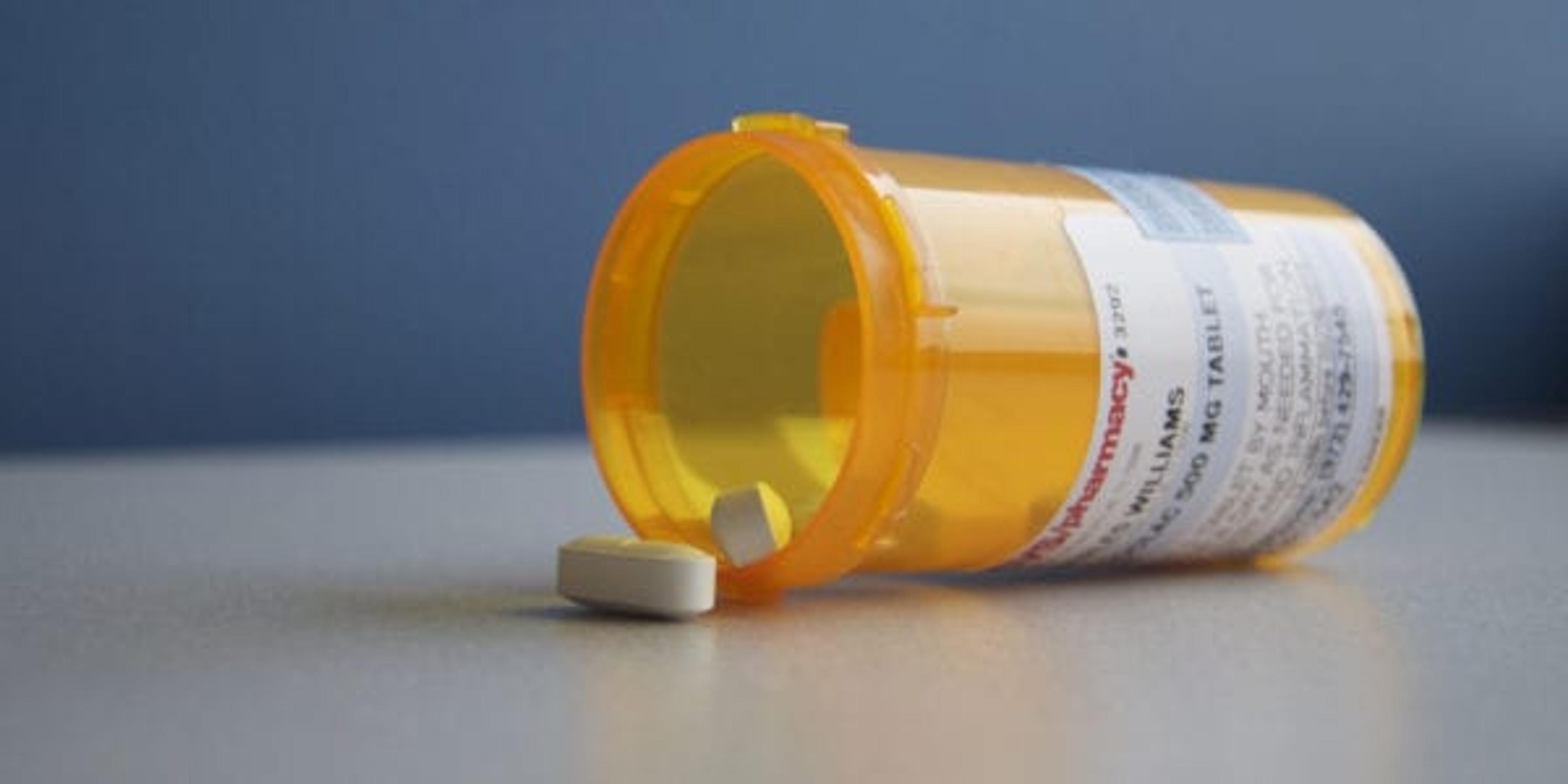The Dangers of Sharing Medicine
| 2 min read

Medicine plays an important role in our health, from managing chronic diseases such as diabetes, to treating health problems like infections. But sharing medicine with family or friends, even when you intend to help them, is a dangerous misuse that could cause serious consequences.
Often when we hear the words “drug abuse,” many people think of illegal drugs. However, prescriptions given to patients by their doctors can also be both abused and misused, and a common example of this misuse is when medicines are shared.
Even though it may seem harmless to share medicine with spouse or close friend, doing so involves many risks including potentially dangerous consequences. A recent case of medication sharing in California left a young woman seriously injured as a result of an unknown allergy to antibiotics.
According to Michael Klein, Ph. D., of the Food and Drug Administration Controlled Substance Staff, abuse or misuse occurs when, “a person takes a legal prescription medication for a purpose other than the reason it was prescribed, or when that person takes a drug not prescribed to him or her.”
Here are some of the reasons why sharing medicine has dangerous consequences:
- Different doses: Drugs are prescribed in different dosages with different instructions based on the individual. So even if a person has a prescription for the drug you planned to share with them, their doctor may have them on a different dose or medication schedule.
- Serious side effects: All medications have side effects, which doctors take into consideration when they choose a certain medicine for their patient. Medications will have different results on each individual, based on their health needs and how they interact (potentially badly) with other medicines.
- Drug safety: The medications dispensed by licensed pharmacies are subject to strict regulations for quality and safety. Unfortunately, fake or counterfeit medicine sold on the streets and online is a problem the FDA is working to combat. When you take medicine from someone else, you can’t always confirm its safety or ingredients.
The bottom line is, medicine should only be taken by the person it is prescribed for, as directed by a health care provider. You should always consult your doctor or pharmacist for questions about your medications.
For more information on medication abuse and misuse, visit the National Institute on Drug Abuse website here.
Photo credit: Charles Williams





